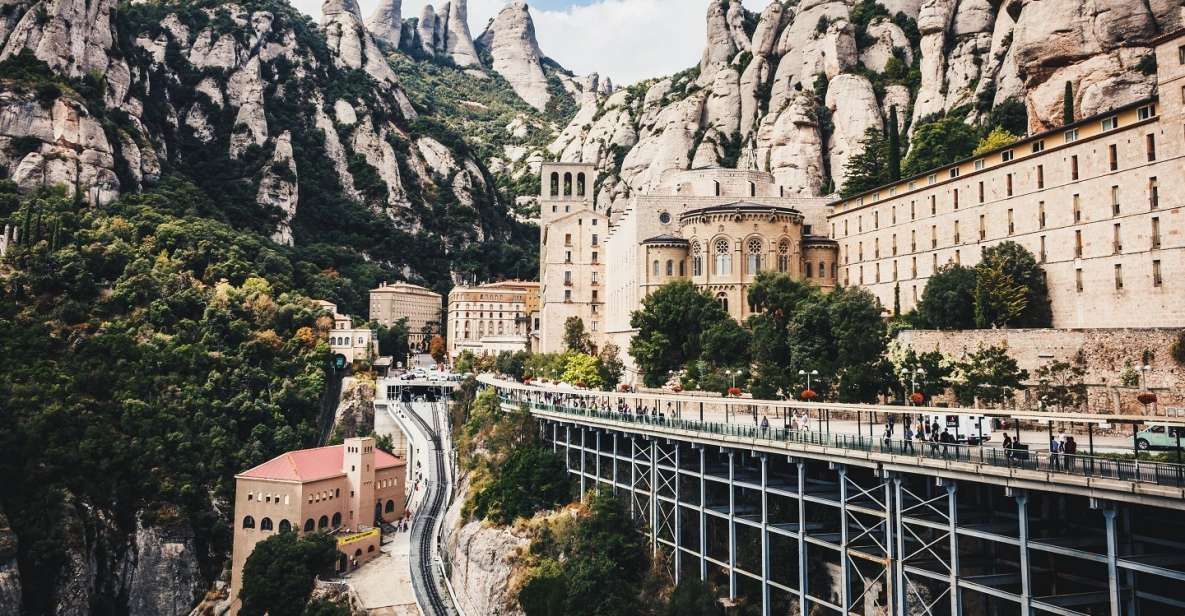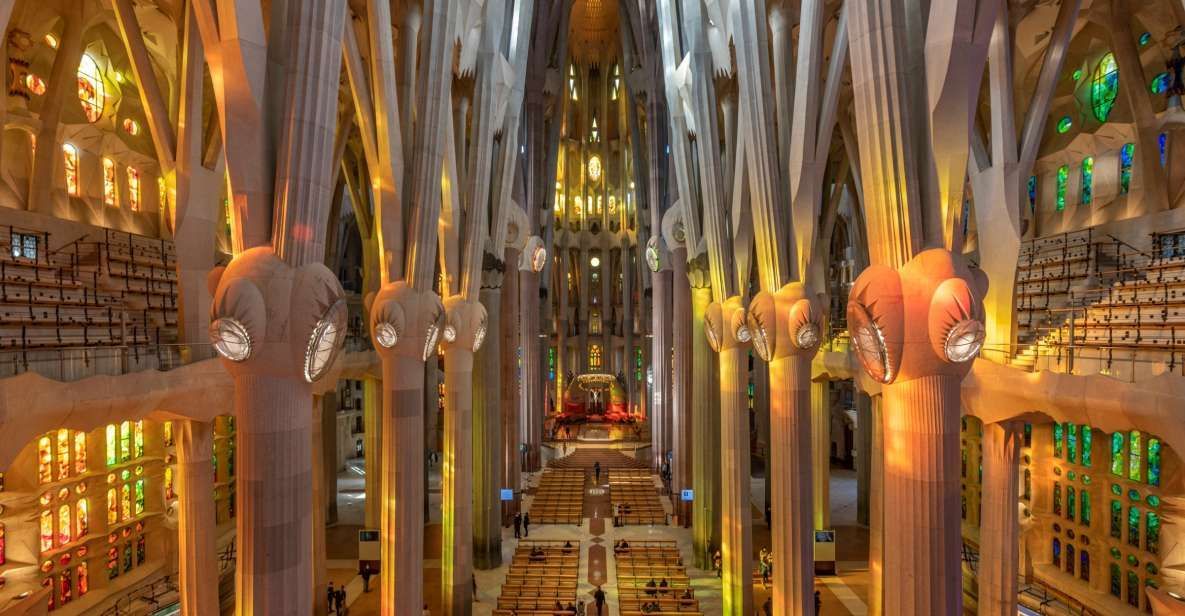
#TMp - Hashtag Travel Marketplace
🌆 Explore Cities & Regions In South Sudan
How To Discover South Sudan: Top Accommodations, Best Time to Visit, Cities of Interest, and More
South Sudan, the world's youngest nation, offers travelers a unique and off-the-beaten-path experience with its rich cultural heritage, stunning landscapes, and warm hospitality. This guide provides insights into the best places to stay, top accommodations, the ideal time to visit, cities of interest, what to expect, local cuisine, nightlife, and culture in South Sudan.
Top Accommodations: Places to Stay
Hotels
Pyramid Continental Hotel, Juba: Located in the capital city, this luxurious hotel offers modern amenities, including a swimming pool, fitness center, multiple dining options, and well-appointed rooms.
Royal Palace Hotel, Juba: A popular choice for business and leisure travelers, this hotel features spacious rooms, a restaurant serving international cuisine, and conference facilities.
Crown Hotel, Juba: Known for its excellent service and comfortable accommodations, the Crown Hotel provides amenities such as a gym, an outdoor pool, and a bar.
Self-Catering
Afex Camp, Juba: This self-catering option offers comfortable cabins and tents with kitchen facilities, making it ideal for travelers seeking a more independent stay.
Logali House, Juba: A boutique guesthouse offering self-catering apartments with modern amenities and a peaceful garden setting, perfect for a relaxing stay in the city.
South Sudan Hotel Apartments, Juba: These serviced apartments provide a home-like environment with fully equipped kitchens, living areas, and easy access to local attractions.
Backpackers
Juba Backpackers Hostel: A budget-friendly option in Juba, this hostel offers dormitory-style rooms and a communal kitchen, making it a great place to meet fellow travelers.
Nile River Camp, Juba: Located along the banks of the White Nile, this camp offers basic accommodations in a picturesque setting, ideal for backpackers seeking adventure.
Bahr al Jebel Safaris, Juba: This eco-friendly camp offers affordable tented accommodations and guided tours, perfect for backpackers looking to explore South Sudan's natural beauty.
The Best Time to Visit
South Sudan has a tropical climate with distinct wet and dry seasons. The best time to visit is during the dry season, from November to April, when the weather is more favorable for travel and outdoor activities.
- November to April: Ideal for sightseeing, wildlife safaris, and cultural experiences.
- May to October: The rainy season, which can make travel difficult due to muddy roads and flooding. However, it is also a time when the landscape is lush and green, offering a different perspective of the country.
Cities of Interest
Juba
As the capital and largest city of South Sudan, Juba is the main gateway for travelers. Key highlights include:
- Juba Nile Bridge: A scenic spot to view the White Nile River and enjoy a leisurely stroll.
- Juba Market: A bustling market offering a variety of goods, from fresh produce to traditional crafts and souvenirs.
- John Garang Mausoleum: A significant historical site dedicated to the founding leader of South Sudan.
Malakal
Located in the northeastern part of the country, Malakal is known for its historical significance and vibrant culture. Key highlights include:
- Malakal Stadium: A hub for local sports and cultural events.
- Sobat River: A picturesque river ideal for boat rides and nature walks.
- Shilluk Kingdom: Explore the rich cultural heritage of the Shilluk people, one of South Sudan's major ethnic groups.
Wau
Situated in the northwest, Wau is a city with a rich cultural tapestry and stunning natural surroundings. Key highlights include:
- Wau Cathedral: A beautiful Roman Catholic cathedral known for its impressive architecture.
- Wau Market: A lively market where you can experience the local way of life and purchase traditional handicrafts.
- Bahr el Ghazal River: A serene river offering opportunities for fishing and birdwatching.
What to Expect
Traveling in South Sudan requires preparation and an adventurous spirit. Here’s what you need to know:
- Language: English is the official language, but many locals also speak Arabic and indigenous languages.
- Currency: The South Sudanese Pound (SSP) is the local currency. Carry enough cash, as ATMs and credit card facilities are limited.
- Safety: While South Sudan is generally safe for travelers, it’s essential to stay informed about the current political situation and follow travel advisories.
- Health: Malaria is prevalent, so take necessary precautions, including antimalarial medication and mosquito repellent. Ensure you have adequate travel insurance.
Food
South Sudanese cuisine is a delightful blend of traditional African flavors and influences from neighboring countries. Must-try dishes include:
Kisra: A type of flatbread made from sorghum or wheat, typically served with stews and soups.
Ful Medames: A hearty dish of mashed fava beans seasoned with spices, often eaten for breakfast.
Asida: A thick porridge made from wheat or sorghum, usually accompanied by meat or vegetable sauce.
Roasted Meat: Grilled or roasted meat, particularly goat or beef, is a staple at local eateries.
For an authentic taste of South Sudan, try dining at local restaurants and markets, where you can sample a variety of traditional dishes and snacks.
Nightlife
South Sudan's nightlife is relatively low-key, but there are still opportunities to enjoy local entertainment and social gatherings:
Cultural Centers: In Juba, cultural centers and cafes often host live music, dance performances, and traditional storytelling.
Shisha Cafes: Popular among locals, these cafes offer a relaxed atmosphere to enjoy shisha (hookah) and tea or coffee.
Local Bars: Experience the local nightlife at small bars and pubs, where you can enjoy drinks and music with locals.
Culture
South Sudan is a culturally diverse country with over 60 different ethnic groups, each with its own traditions and customs. Key cultural experiences include:
Music and Dance: Traditional music and dance are integral parts of South Sudanese culture, with each ethnic group having its own unique styles and instruments.
Art and Handicrafts: Explore local markets for beautifully crafted items such as pottery, textiles, and jewelry, showcasing the craftsmanship of different ethnic groups.
Festivals and Celebrations: Participate in local festivals and celebrations to experience the vibrant culture and traditions of South Sudan, such as the annual Independence Day celebrations on July 9th.
Conclusion
South Sudan, despite its challenges, offers a unique travel experience with its rich cultural heritage, stunning landscapes, and warm hospitality. Whether you're exploring the bustling streets of Juba, discovering the cultural treasures of Malakal, or immersing yourself in the natural beauty of Wau, there’s always something new and exciting to discover.
With a range of accommodations from luxurious hotels to budget-friendly hostels, South Sudan caters to all types of travelers. The best time to visit is during the dry season from November to April, when the weather is more favorable for travel and outdoor activities.
Embrace the warmth and hospitality of the South Sudanese people, savor the rich flavors of the local cuisine, and immerse yourself in the country’s unique cultural heritage. Plan your journey to South Sudan with an open heart and a spirit of adventure, and you’ll create memories that will last a lifetime.
🎧 From Our AUDIO BLOG

Let's talk!
info@hashtagtmp.com
+27 79 578 4358
This website includes affiliate links. If you purchase through these links, we may earn a commission at no additional cost to you.

